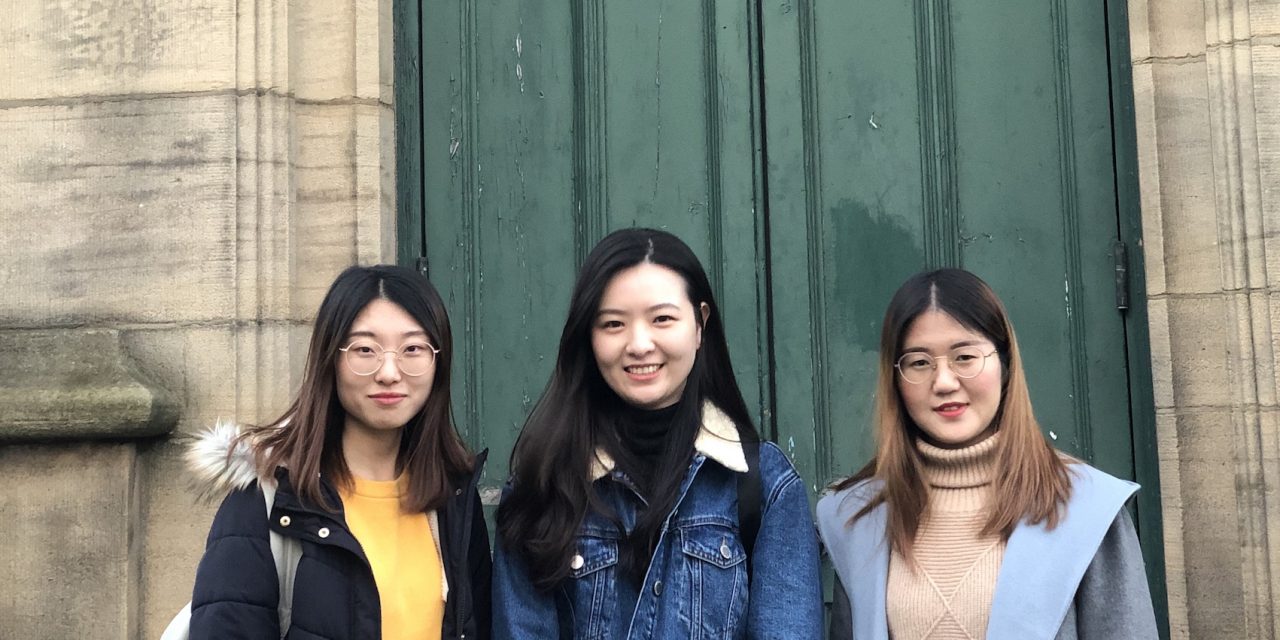Are you interested in doing a PhD with CFOM? Then have a look at our three research areas here below and send us a project proposal. Good news is the 2019 scholarship round has just opened. Click here for more information.
MEDIA FREEDOM, JOURNALISM SAFETY AND THE ISSUE OF IMPUNITY
The diminishment of media freedom through a range of diverse threats undermines the civil role of the factual mass media. Threats range from the subtle and often reasonable sounding constraints on journalism practice and freedom of expression such as journalists pandering to partisan views or adhering to commercially inspired imperatives to the creation of spaces of exception where journalists are denied their rights both as citizens and as journalists casting them simultaneously within and beyond the legal order, to the use of brutality and murder to silence them.
All of these threats can force journalists to adopt forms of self-censorship and lead to restrictions being placed upon the freedom to practice independent news journalism. This worldwide decline in the safety of news journalism and news journalists is of increasing concern to policymakers and researchers and, CFOM has a track record of input into UNESCO’s Information and Communication sector’s priorities and its UN Action Plan on the Safety of Journalists and the Issue of Impunity. CFOM is also working with civil society groups and through joint research aims to develop mechanisms for prevention of, protection against and prosecution of violence against journalists.
If you’re interested in doing a PhD in this area please email Jackie Harrison (j.harrison@shef.ac.uk) with your project idea (no longer than 1 page of A4)
POST-CONFLICT RECONSTRUCTION
In post-conflict reconstruction settings, the factual mass media can be an important tool to develop civil solidarity and facilitate civil repair and ultimately, the emergence of a strong civil society. To do so, it is necessary to provide communicative spaces in which the historical, cultural and political circumstances that have engendered conflict are openly recognised and the recognition is used to discuss, agree, establish and built upon ‘new’ civil norms. Civil norm-building and civil repair are understood in terms of the factual media’s contribution to a solidarising civil society with institutions that generate social criticism, democratic integration, civility, justice, reciprocity and mutual respect. In other words, that create the circumstances for reconciliation and (often difficult) forgiveness.
CFOM’s research in this area aims to help establish conflict-specific civil norms and to examine whether there are universal criteria for understanding the distinction of ‘good and bad media practice’ in terms of the similarities and particularities of diverse post-conflict settings.
If you’re interested in doing a PhD in this area please email Stef Pukallus (s.pukallus@shef.ac.uk) with your project idea (no longer than 1 page of A4)
EDITORIAL INTEGRITY AND STANDARDS
With an increasing number of news platforms and organisations providing various forms of news services, and the constant re-cycling of news (and opinions), the issues of what constitutes an appropriate regulatory environment (or even if there is to be one at all) is constantly being discussed and debated. Views span the advocates of self-regulation to those who prefer legally imposed forms of compliance. Both sets of views claim to promote and protect the civil role of the factual mass media though there is little in the way of agreement as to what exactly that civil role is and the extent to which the factual mass media should be free from political and market considerations. Attendant upon these regulatory and legal issues are matters of how we provide for the conditions for a trustworthy news media to establish and sustain itself, often envisaged as public service or public interest media. Specifically, that means providing conditions whereby what we value and recognise as editorial integrity is indeed protected and promoted, that the standards we hold editorial comment to are sustained, and where they are not, forms of redress (complaint and correction) are available to us.
If you’re interested in doing a PhD in this area please email (Irini Katsirea i.katsirea@shef.ac.uk) with your project idea (no longer than 1 page of A4)

